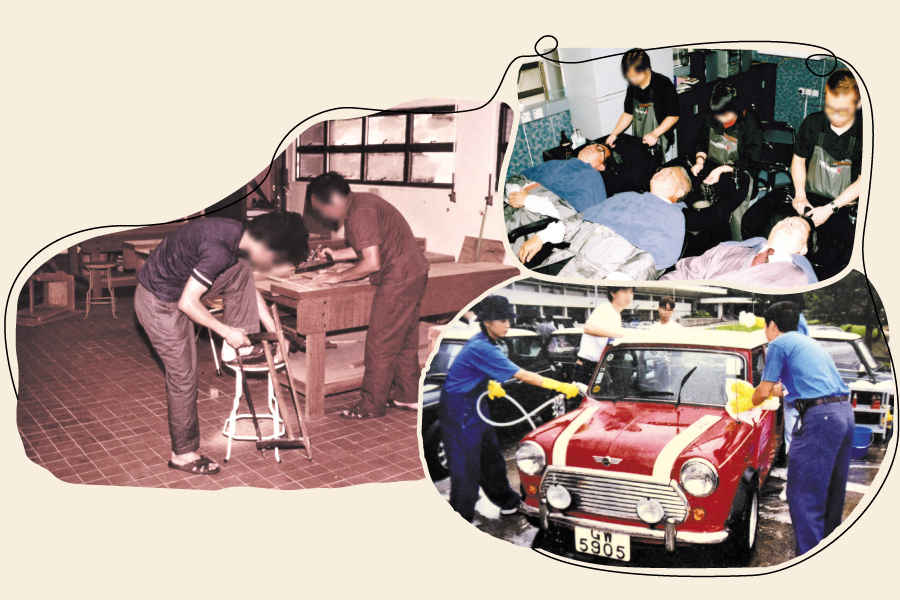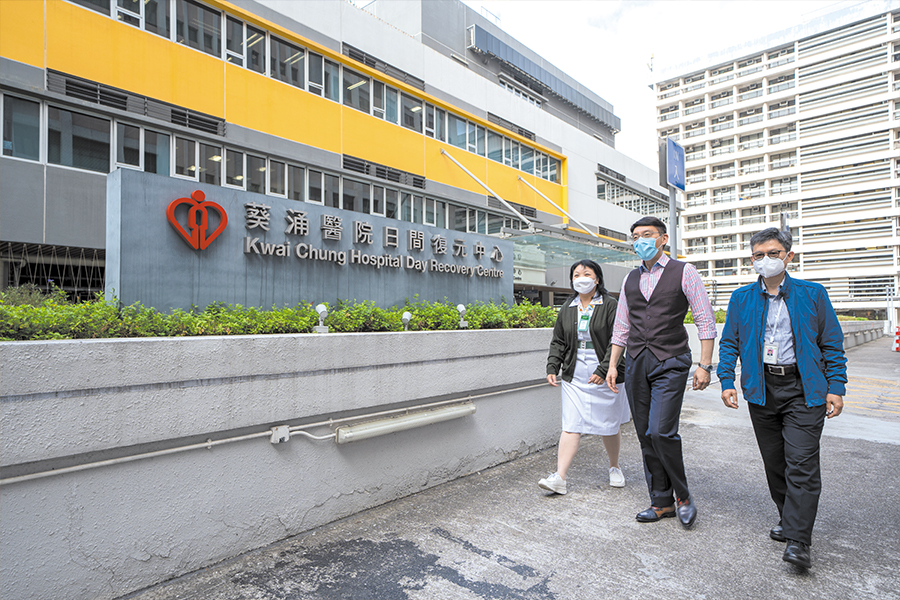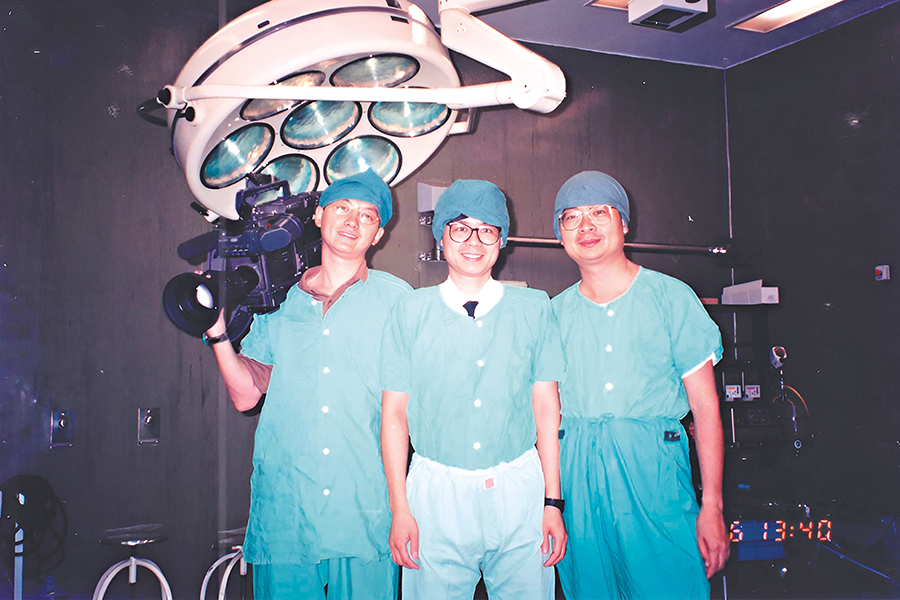
Rebuilding psychiatric patients’ lives with care and humanity
 Until the 1980s, Castle Peak Hospital (CPH) was the only psychiatric hospital in Hong Kong. In response to the increasing demand for hospitalisation of psychiatric patients, Kwai Chung Hospital (KCH) was opened in 1981, offering a range of ground-breaking new services over the years, including the city’s first psychiatric rehabilitation, encouraging persons-in-recovery to return to the community.
Until the 1980s, Castle Peak Hospital (CPH) was the only psychiatric hospital in Hong Kong. In response to the increasing demand for hospitalisation of psychiatric patients, Kwai Chung Hospital (KCH) was opened in 1981, offering a range of ground-breaking new services over the years, including the city’s first psychiatric rehabilitation, encouraging persons-in-recovery to return to the community.
The hospital is now undergoing redevelopment, but its spirit of care and humanity will remain unchanged. “Relationships and communication between people are the most essential elements in a psychiatric hospital,” says Dr Desmond Nguyen, Hospital Chief Executive. “Even after they leave hospital, we keep in close contact and value the trust of each patient.”

The only psychiatric operating room in Hong Kong
Pang Shu-wing, Advanced Practice Nurse – known as Pang Sir – started training at nursing school in 1979 and was among the early batches of nurses to work at KCH after graduation. In 1980s, the hospital housed Hong Kong’s first and only psychiatric operating theatre (OT) for brain surgery mainly for patients with severe obsessive-compulsive disorder who were not responding to medication. “Opportunities for psychiatric nurses to work at the OT were rare,” Pang Sir recalls. “At that time, I was working in the electro-medical diagnostic unit and was responsible for operating equipment in the surgery, so I was able to work in the OT.” Psychosurgery was gradually phased out due to availability of non-invasive treatment choices, and the OT was converted into a physiotherapy centre. “Many people thought that severe cases went to CPH while we received the less serious cases, but it wasn’t really like that.” Pang Sir mentions, after the Hospital Authority’s clustering concept was introduced, each cluster had its own psychiatric services team, taking care of patients in its catchment area. Meanwhile, KCH began to develop different specialties, including psychogeriatric services, child and adolescent psychiatry, and learning disability services. KCH was at the forefront of the development of psychiatric liaison services, deploying psychiatrists and psychiatric nurses to support accident and emergency department and non-psychiatric wards in general hospitals. In recent years, the hospital has strengthened its outreach services to help patients reintegrate into the community and reduce the length of stay in hospital.
“Many people thought that severe cases went to CPH while we received the less serious cases, but it wasn’t really like that.” Pang Sir mentions, after the Hospital Authority’s clustering concept was introduced, each cluster had its own psychiatric services team, taking care of patients in its catchment area. Meanwhile, KCH began to develop different specialties, including psychogeriatric services, child and adolescent psychiatry, and learning disability services. KCH was at the forefront of the development of psychiatric liaison services, deploying psychiatrists and psychiatric nurses to support accident and emergency department and non-psychiatric wards in general hospitals. In recent years, the hospital has strengthened its outreach services to help patients reintegrate into the community and reduce the length of stay in hospital.
Guiding patients back into the job market
KCH places a strong emphasis on occupational therapy. Senior Occupational Therapist Sharifa Yam explains, they train patients up and encourage them living independently, so as to reintegrate into the community. The Supported Employment Service team will explore job opportunities for patients and match the suitable jobs according to their preferences, strength and capabilities. The team also provides coaching for job interviews and on-going support such as regular follow-up and visits to facilitate the employed clients adapting to the jobs and retaining their employment. “Occupational therapists working in mental health are highly perceptive in identifying individuals’ talents and characteristics. We arrange appropriate trainings, such as handicrafts, multimedia learning, 3D printing, car saloon, office practice and even professional laundry and retail service, to enhance patients’ competency and self-confidence,” says Sharifa. “We walk with them on their recovery journey and pursuing a meaningful life.”The redevelopment project is expected to be completed in phases from the middle of next year and should provide an even more comfortable environment for patients, according to Dr Nguyen. Each ward can access to a garden and at the rehabilitation garden in Phase III redevelopment, there will be additional amenities including a jogging track. “Psychiatric care could be highly influenced by surrounding environment. Let patients feel cared for could make them relax and improve their condition.”
Interview video